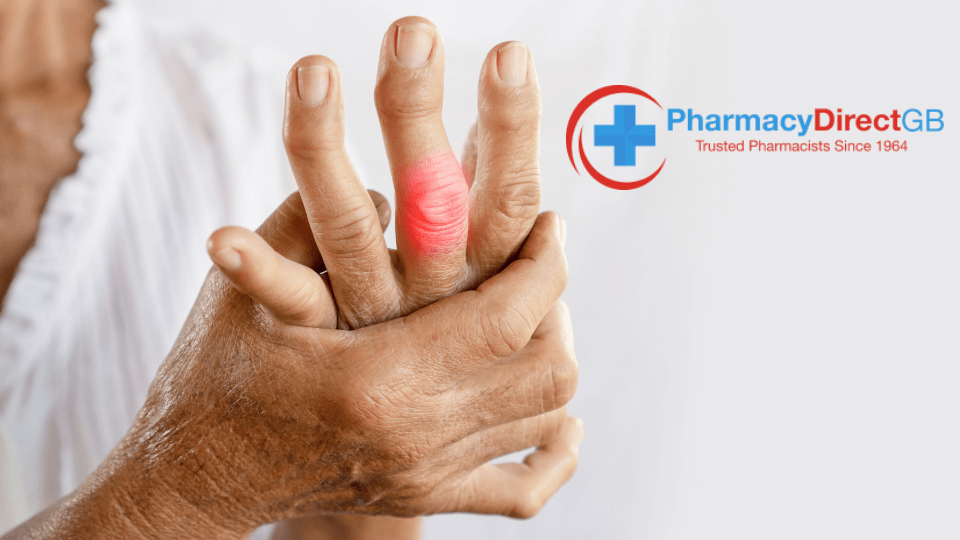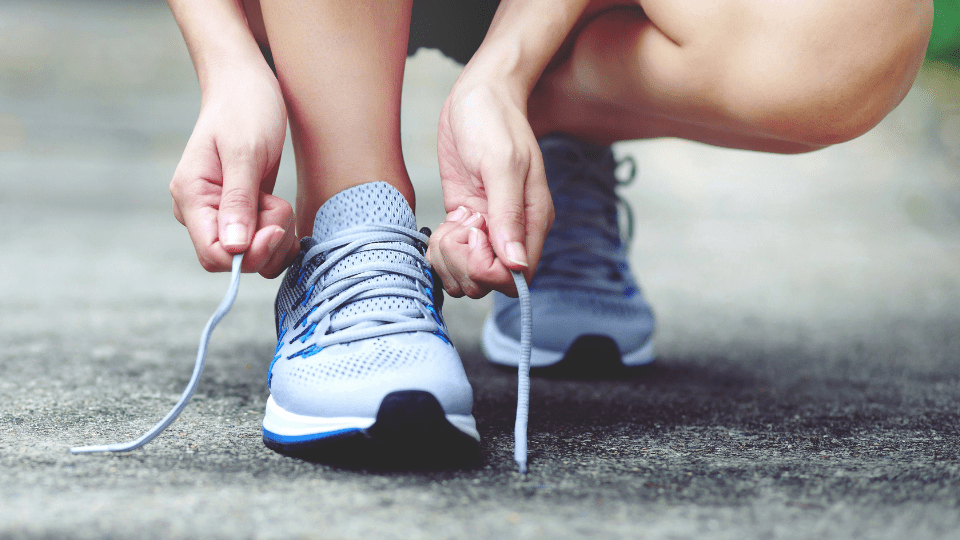Watching what you eat if you're diabetic is one of the biggest struggles with the illness. It not only affects you but the people in your life you take out. It may be hard at first, to completely adjust your lifestyle, but in the end, it'll be worth it. By eating better yourself and others you take out could benefit massively. Here are some of our recommendations for eating better with diabetes. Fat is required as part of a healthy balanced diet, however, as with everything, too much is not helpful to a diabetic. Forget about saturated fats, like butter and cheese. Basically, anything that is made with animal products, this includes red and processed meat, cakes and pastries. This is due to the fact that all of these foods include a high content level of saturated fat. Replacing foods and ingredients high in saturated fat with healthier alternatives can bring help with diabetes. Some alternatives may include oil, instead of butter, and lean protein instead of high-fat meats e.g turkey instead of pork. An abundance of salt causes major increases in levels of blood pressure, which in turn increases the risk of complications arising for diabetes sufferers. Adult sufferers should have no more than 1 teaspoon of salt per day which is equal to 6g. Avoid processed food as much as possible and try to cook all meals yourself from home. It's a common misconception that you can’t have sugar when you're a diabetic. It's not removing out of your diet completely that works, but you should attempt to keep food with high quantities of sugar as a treat and eat alternative options when possible. The recommended daily sugar allowance for women is 22 grams of sugar per day, for men, it’s 36 gram, over the age of 18. One of the biggest symptoms of being diabetic is that you are prone to becoming dehydrated more frequently. Stay on top of this by drinking between 6-10 glasses of water per day. However, even though water is preferred, any liquid will do such as milk, coffee and tea. Even some foods can provide enough liquid to keep you hydrated, for example, fruit and vegetables such as celery, cucumber and oranges. Limiting the number of carbs you eat is a MUST when you're diabetic as they affect blood levels more than anything else. However, there are ways to get carbs through a variety of healthier sources. Some sources include whole grain foods heavy in starch, dairy and some pulses. By taking our advice and using these simple tips, you can make changes towards a diet that could help with your diabetes. By changing your lifestyle you can gain better control of what impacts your blood sugar, and improving your overall health.

February 13, 2018
You may also like
Check out similar articles







